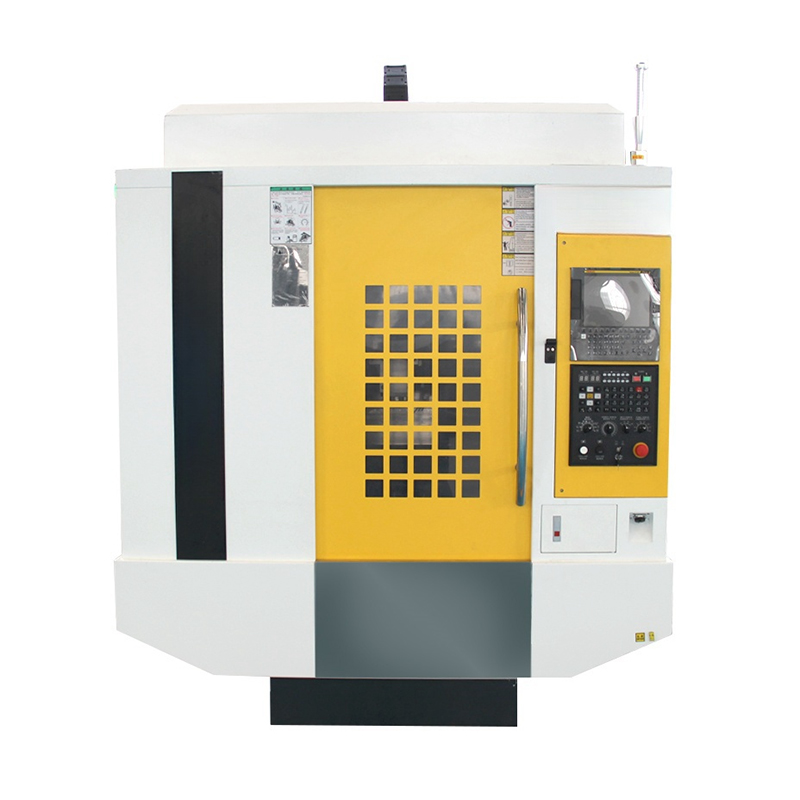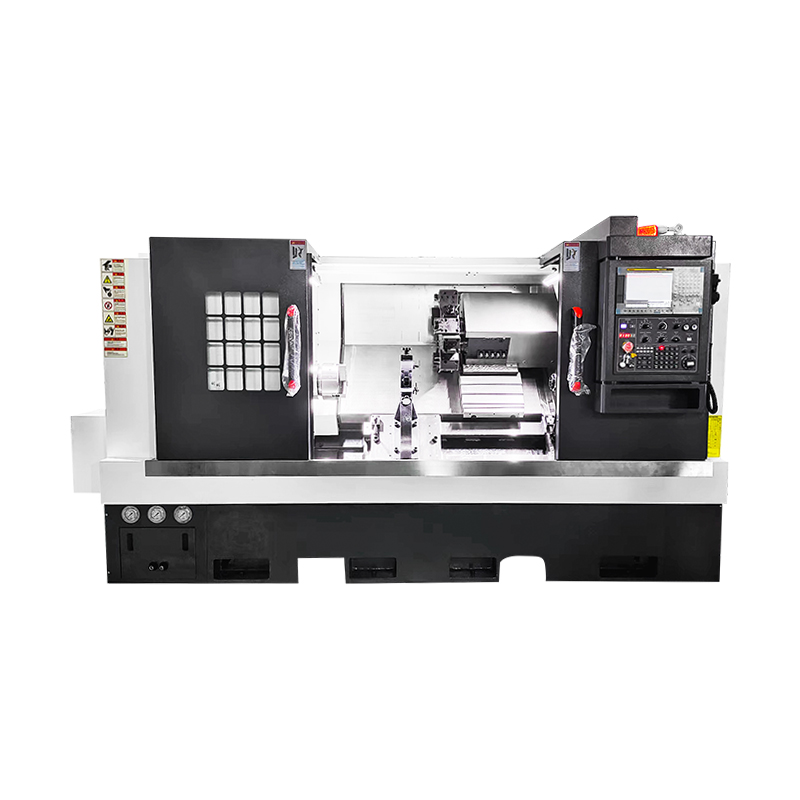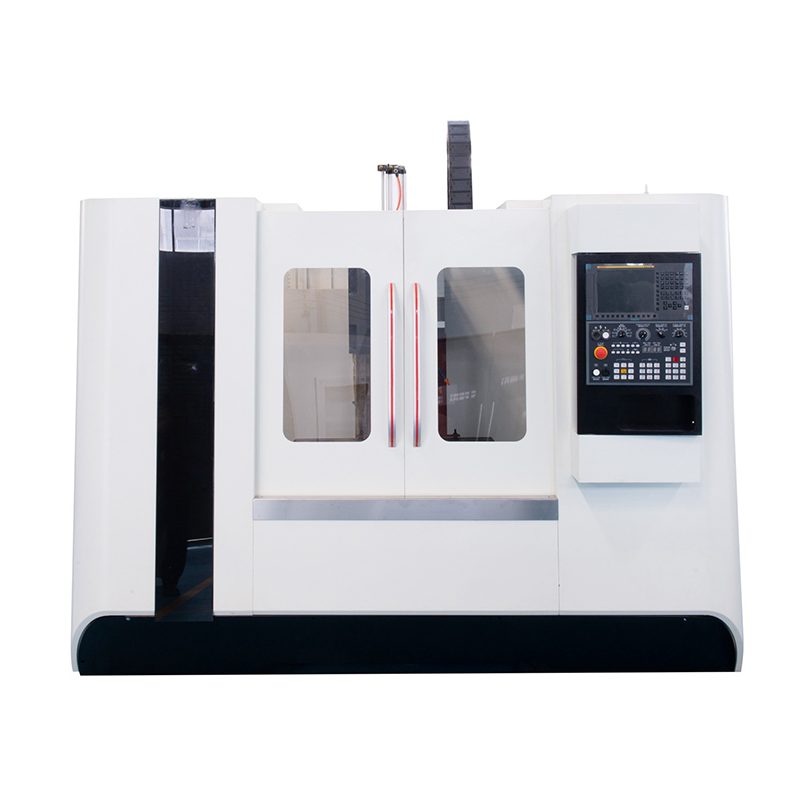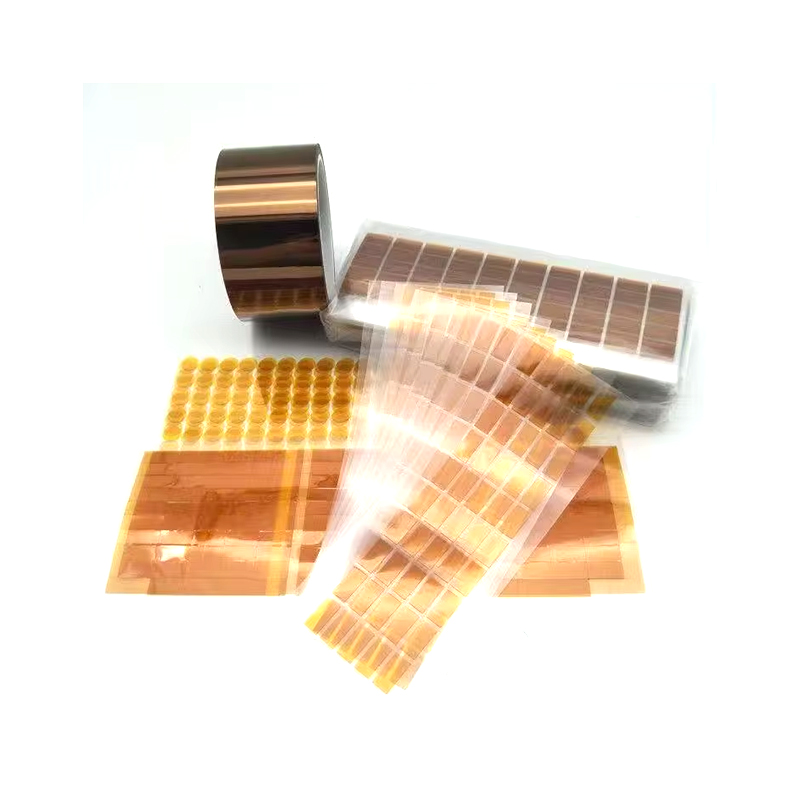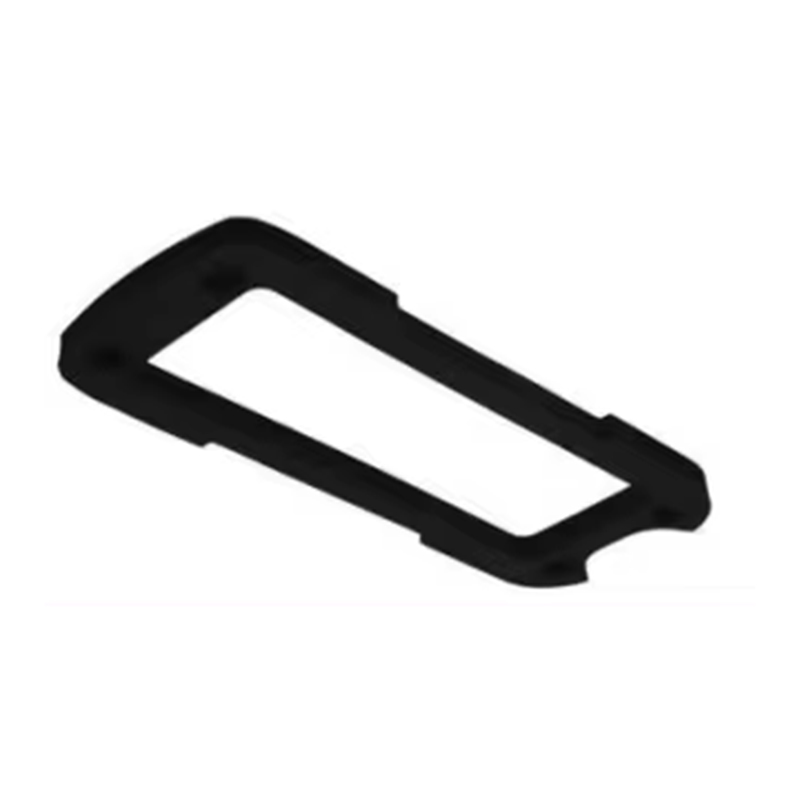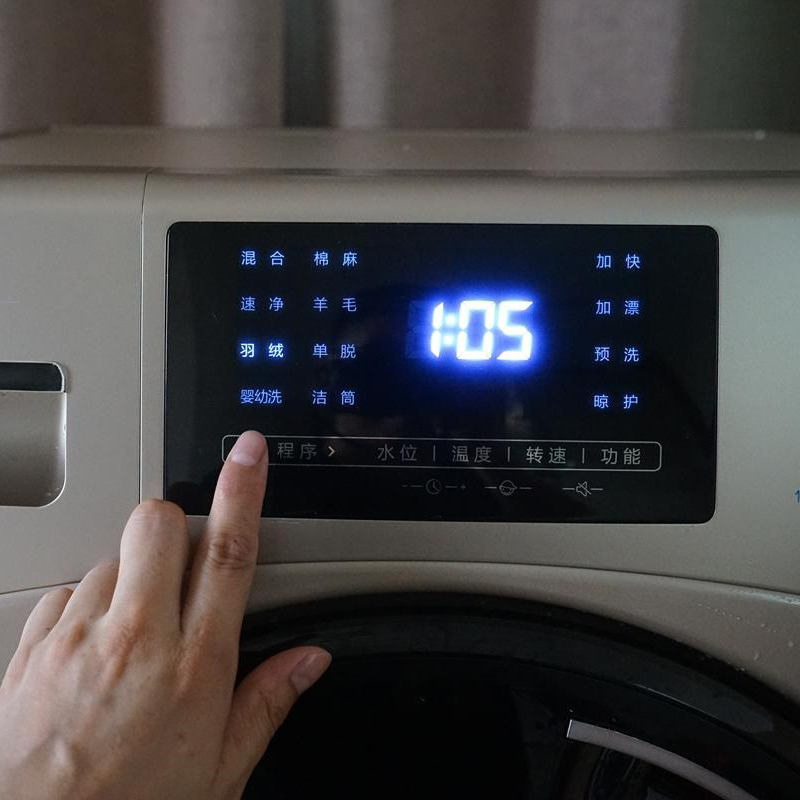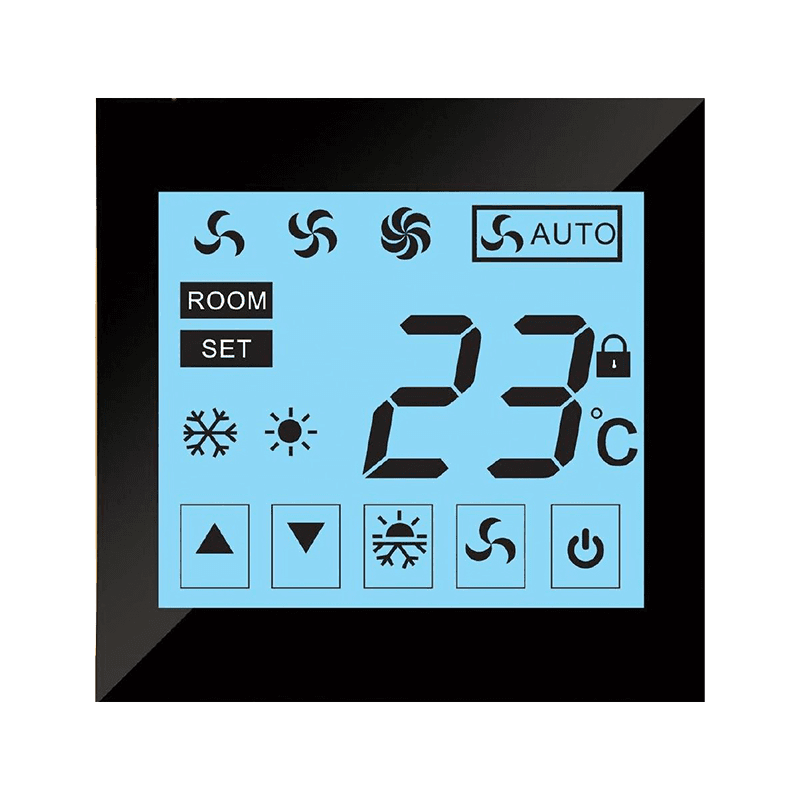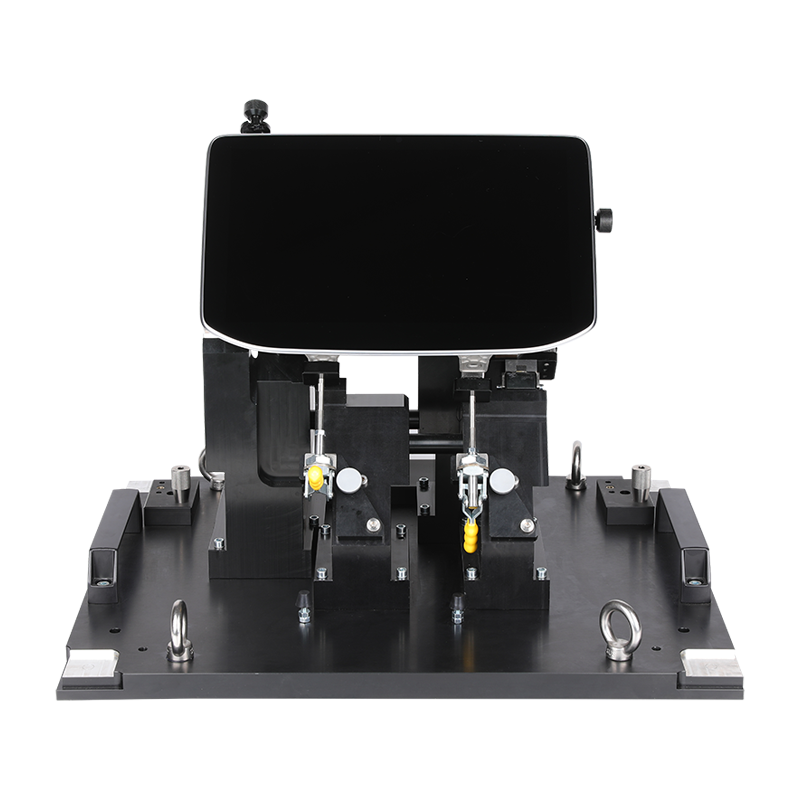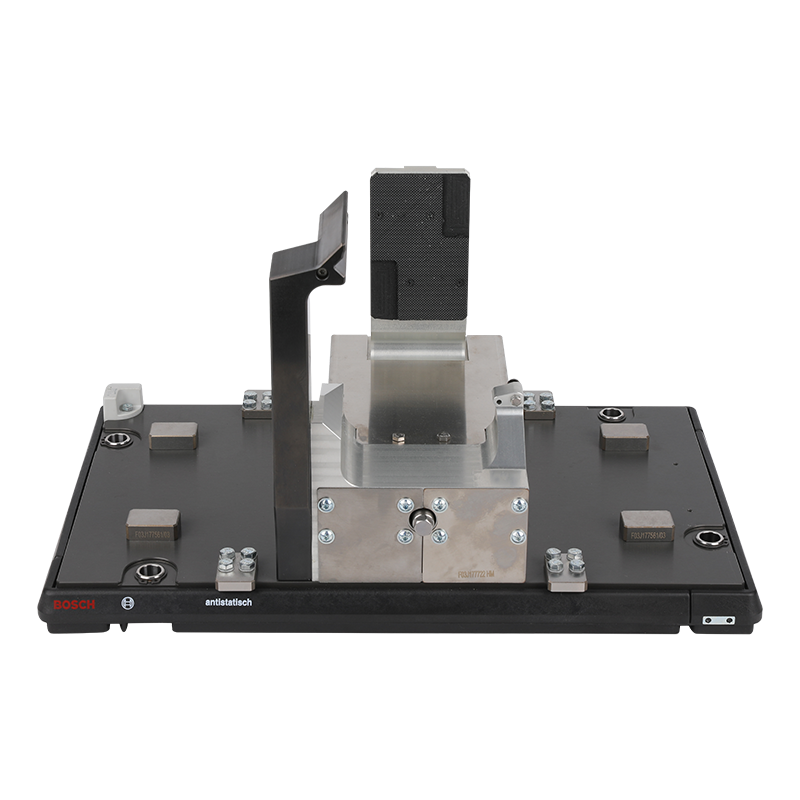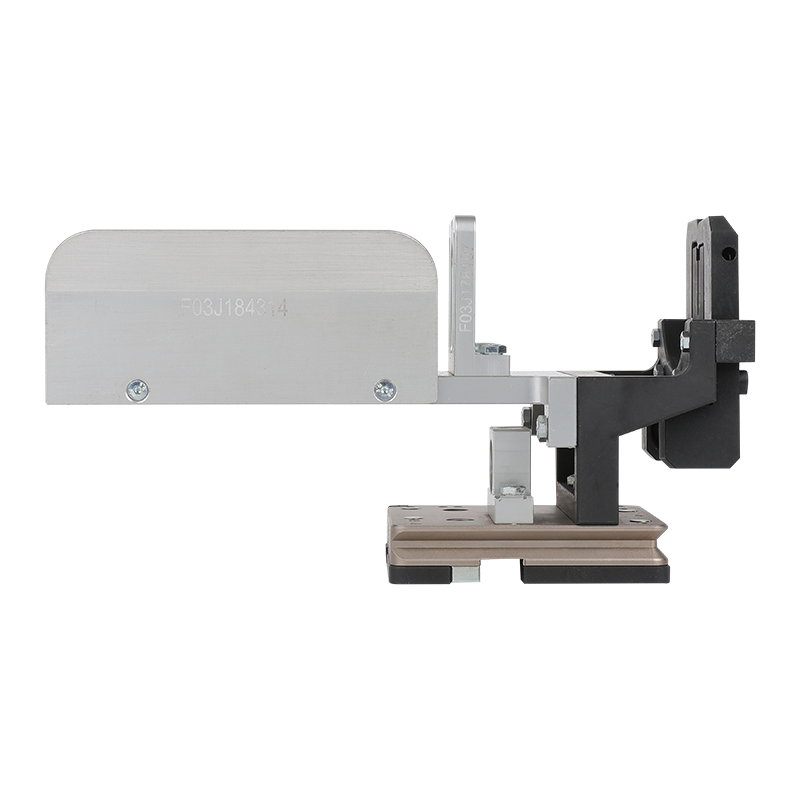Amid the rapid development of modern industry, automation technology has become a core driver for improving production efficiency and product quality. As manufacturing moves toward intelligent and flexible manufacturing, customized automation equipment parts are becoming a crucial tool for companies to enhance their competitiveness. These parts not only demonstrate precision manufacturing capabilities but also showcase the value of personalized and differentiated automation systems, ensuring more efficient and stable production for numerous industries.
The Core Value of Customized Automation Equipment Parts
In traditional automation equipment, while generic parts can meet some standardized requirements, they often struggle to achieve both efficiency and precision in complex processes or specialized production scenarios. Customized automation equipment parts were developed precisely to address this pain point. Through highly customized design and precision manufacturing, they enable equipment to perfectly adapt to the process requirements of diverse companies. Whether through structural improvements, material optimization, or functional expansion, these parts can enhance equipment performance at the finest level, ultimately achieving higher efficiency and stability for the overall automation system.
Customized parts often require in-depth integration with production processes during the initial stages of R&D. Engineers model and parametrically design the parts based on the specificities of the production environment, and then implement them through advanced CNC machining or additive manufacturing. This not only enables components to meet the requirements of high strength, high precision, and long life, but also maintains flexibility and scalability during operation.

The Integration of Customized Automation Parts and Intelligent Manufacturing
In intelligent manufacturing systems, customized automation equipment parts are no longer simply mechanical components; they become intelligent units deeply integrated with sensing technology, control systems, and data platforms. With the development of the Internet of Things and artificial intelligence, many customized parts are equipped with more information collection and feedback capabilities. For example, in high-speed production lines, certain key components can monitor their operating status in real time and transmit this data to a central control system, enabling predictive maintenance and dynamic adjustments. This integration not only improves production efficiency but also reduces the risk of downtime, ensuring continuous and stable production.
At the same time, customized parts also enable flexible production. In high-mix, small-batch production models, companies need to quickly adjust equipment parameters to adapt to new process requirements. By replacing or modifying specific customized automation equipment parts, production lines can quickly switch from one product to another. This flexible manufacturing capability is becoming a key direction for the transformation and upgrading of the manufacturing industry.
Manufacturing Process and Technical Requirements for Customized Automation Equipment Parts
The production of customized parts often carries higher process requirements. First, material selection requires precise matching based on the operating environment and load conditions, such as the use of high-temperature, wear-resistant, or corrosion-resistant materials. Secondly, in terms of machining processes, advanced manufacturing technologies such as high-precision CNC turning, five-axis milling, and 3D printing are widely used to ensure that components meet stringent dimensional tolerances and surface quality requirements.
Quality inspection is also a crucial step in customized parts production. Leveraging coordinate measuring machines, laser scanning, and non-destructive testing technologies, manufacturers can conduct comprehensive component inspection and verification, ensuring that each customized product achieves the intended performance in actual use. These rigorous processes and testing standards not only demonstrate enhanced manufacturing capabilities but also provide a solid foundation for the long-term, stable operation of automated equipment.
Market Demand and Future Trends for Customized Automation Equipment Parts
As the global manufacturing industry shifts toward high-end and intelligent manufacturing, market demand for customized automation equipment parts is rapidly growing. This is particularly true in industries such as automotive, electronics, medical, and food processing, where increasing production complexity and personalized demands make it difficult for standard components to meet these requirements. Customized solutions are becoming the mainstream choice.
Customized automation equipment parts are not only an extension of mechanical components but also a key element in the development of intelligent manufacturing. Through highly customized designs and advanced manufacturing processes, they enable automated equipment to operate more efficiently, stably, and intelligently. With the increasing demand for flexible production and personalization, customized parts will play an increasingly important role in the future industrial landscape. For manufacturing companies, investing in the research and development and application of customized automation equipment parts is not only an option to enhance equipment performance but also a necessary step towards intelligent manufacturing and high-quality development.

 English
English русский
русский